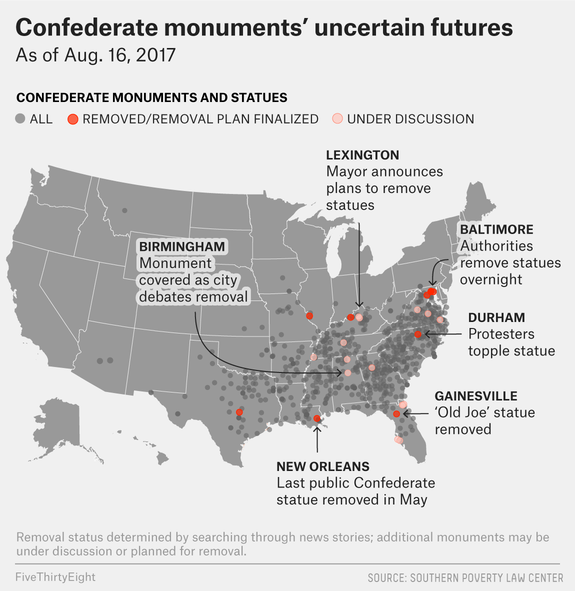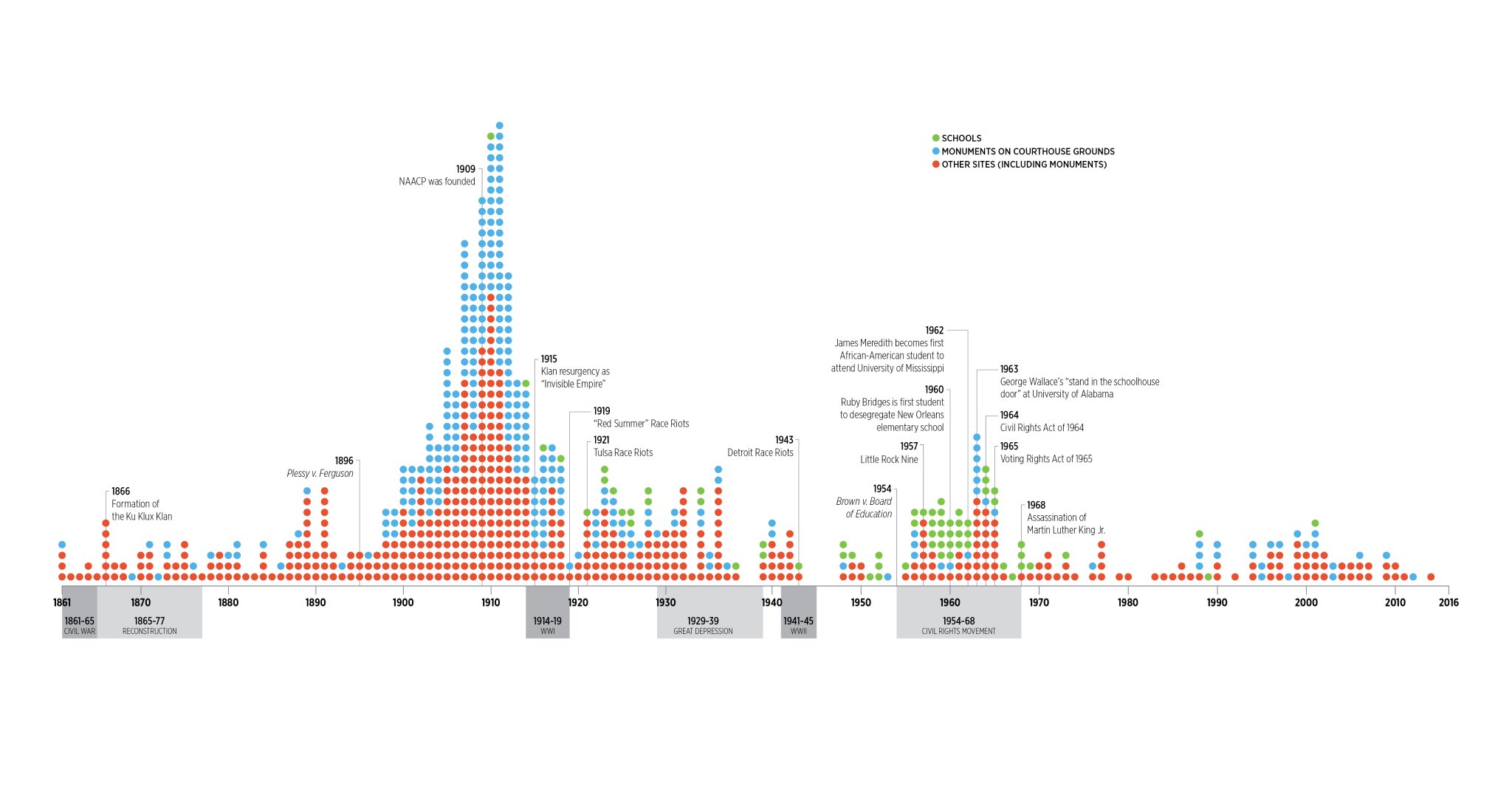
Inflation continues to run hot—and now, finally, the debate about inflation is heating up.
On one side of the debate are mainstream economists and lobbyists for big business, the people Lydia DePillis refers to as having a simple mantra: “Supply and demand, Economics 101.” In their view, inflation is caused by supply and demand in the labor market, which is allowing workers’ wages to increase at an unsustainable rate (a story that, as I showed in April, has no validity), and supply and demand in the economy as a whole, with too much money chasing too few goods.
Simple, straightforward, and. . .wrong.
Fortunately, there’s another side to the debate, with heterodox economists and progressive activists arguing that increasingly dominant corporations are taking advantage of the current situation (the pandemic, disruptions in global supply-chains, the war in Ukraine, and so on) to jack up prices and rake in even higher profits than they’ve been able to do in recent times.
Josh Bivens, of the Economic Policy Institute, has offered two arguments that challenge the mainstream story: First, while “It is unlikely that either the extent of corporate greed or even the power of corporations generally has increased during the past two years. . .the already-excessive power of corporations has been channeled into raising prices rather than the more traditional form it has taken in recent decades: suppressing wages.” Second, inflation can’t simply be the result of macroeconomic overheating. That would suggest, at this point in a classic economic recovery, that profits should be shrinking and the labor share of income should be rising. As Biven notes, “The fact that the exact opposite pattern has happened so far in the recovery should cast much doubt on inflation expectations rooted simply in claims of macroeconomic overheating.”*
So, we have dramatically different analyses of the causes of the current inflation, and of course two very different strategies for combatting inflation. The mainstream policy (as I also wrote about in April) is to slow the rate of growth of the economy (for example, by raising interest rates) and increase the level of unemployment, thus slowing the rate of increase of both wages and prices. And the alternative? Bivens supports a temporary excess profits tax. Other possibilities—which, alas, are not yet being raised in the debate—include price controls (especially on commodities that make up workers’ wage bundles), government provisioning of basic wage goods (including, for example, baby formula), and subsidies to workers (which, while they wouldn’t necessarily lower inflation, would at least make it easier for workers to maintain their current standard of living).
What we’re witnessing, then, is an important debate about the causes and consequences of inflation. But, as DePillis understands, the debate is about much more than that: “The real disagreement is over whether higher profits are natural and good.“
In the end, that’s what all key debates in economics are about. Profits are the most contentious issue in economics precisely because the analysis of profits reflects both a theory and ethics about two things: whether capitalists deserve the profits they capture and what they can and should do with those profits. For example, profits can be theorized as a return to capital (and therefore natural and fair, as in mainstream economics) or they are the result of price-gouging (and therefore social and unfair, as in Bivens’s theory of corporate power).**
Similarly, capitalists can be seen as investing their profits (and therefore making their firms and the economy as a whole more productive, with everyone benefitting) or they can distribute a significant portion of their profits toward other uses (such as pursuing mergers and acquisitions, engaging in stock buybacks, and offering higher dividends, which do nothing to increase productivity but instead lead to more corporate concentration and make the distribution of income and wealth even more unequal).
Mainstream economists and capitalists have long sought to convince us that profits are both natural and good. In other words, when it comes to corporate profits and escalating charges of “greedflation,” they prefer to see, hear, and say no evil. The rest of us know what’s actually going on—that corporations are taking advantage of current conditions to raise prices, both to increase their profits and to lower workers’ real wages. We also know that traditional attempts to contain inflation through monetary policy will hurt workers but not their employers or the tiny group that sits at the top of the economic pyramid.
It’s clear then: the debate about inflation is actually a debate about profits. And the debate about profits is, in the end, a debate about capitalism. The sooner we recognize that, the better off we’ll all be.
———
*Even the Wall Street Journal admits that the wage share is not in fact growing: “The labor share of national output is roughly where it was before the pandemic.” Moreover, the current situation represents just a continuation of the trend of recent decades: “Over the last two decades. . .the share of U.S. income that goes to labor has fallen, despite periods of low unemployment.”
**Corporate profits can also be theorized as the result of exploitation (and thus a different kind of social determination and unfairness, as in Marxian theory).









